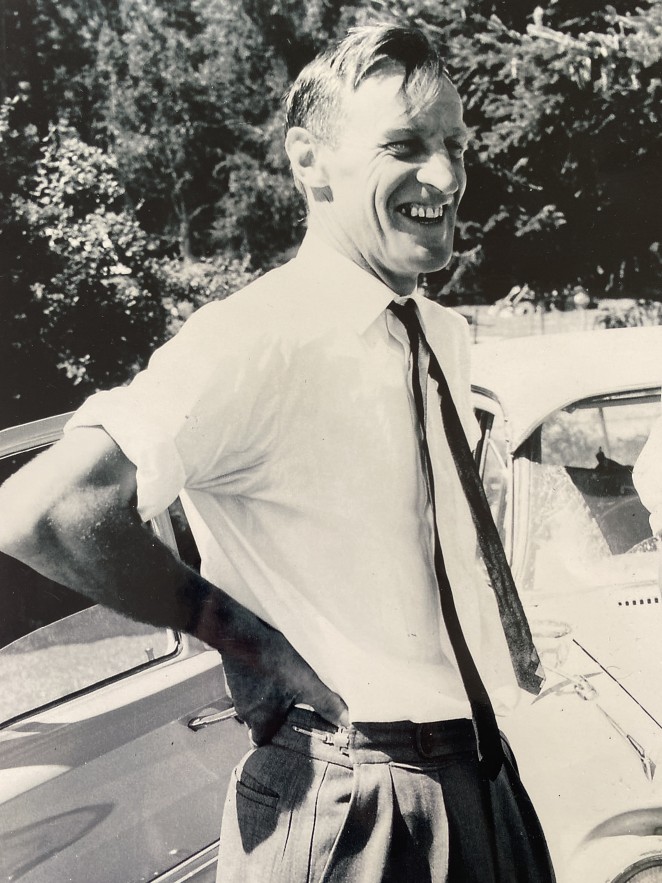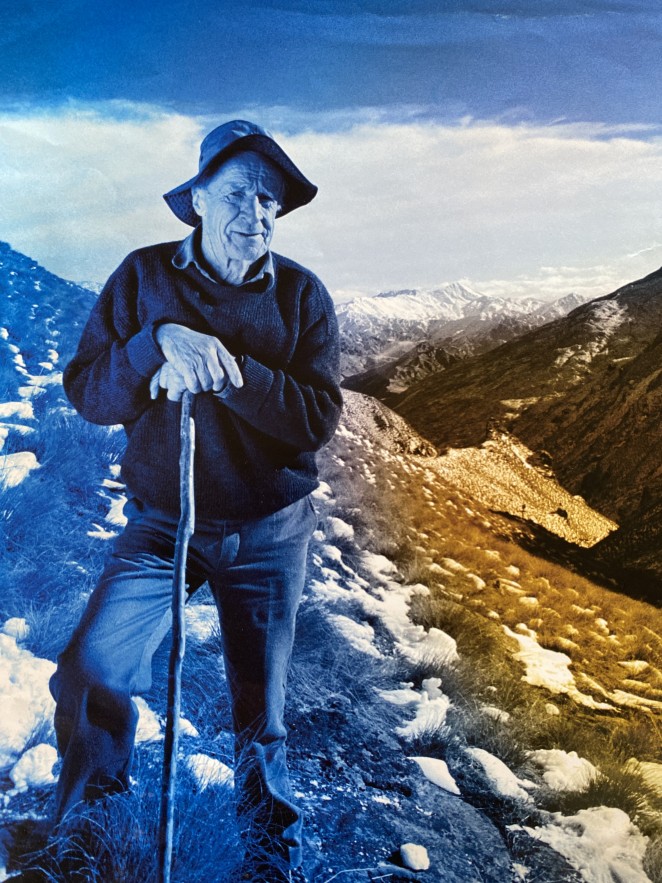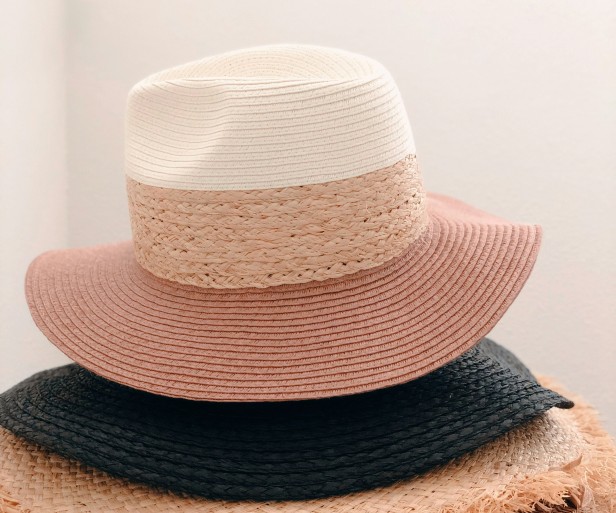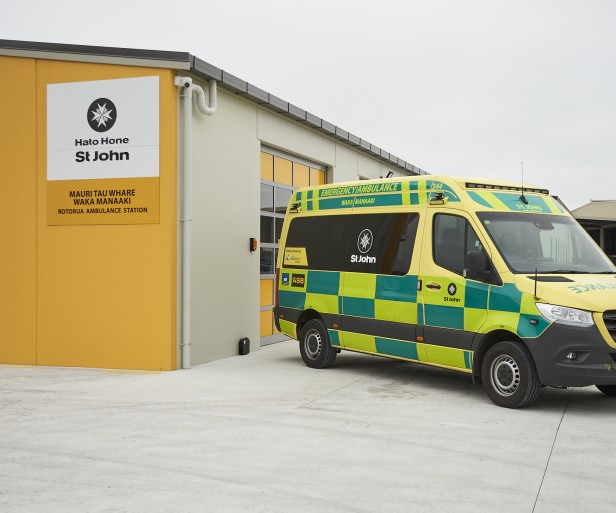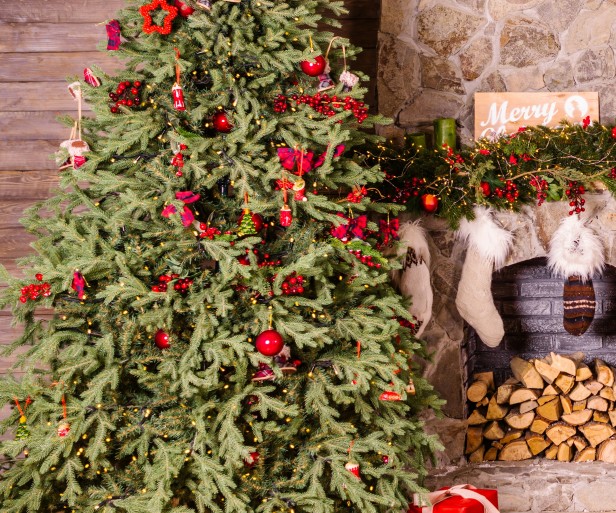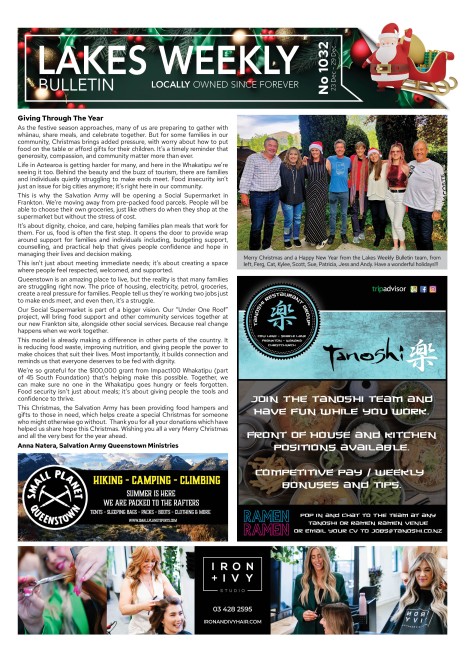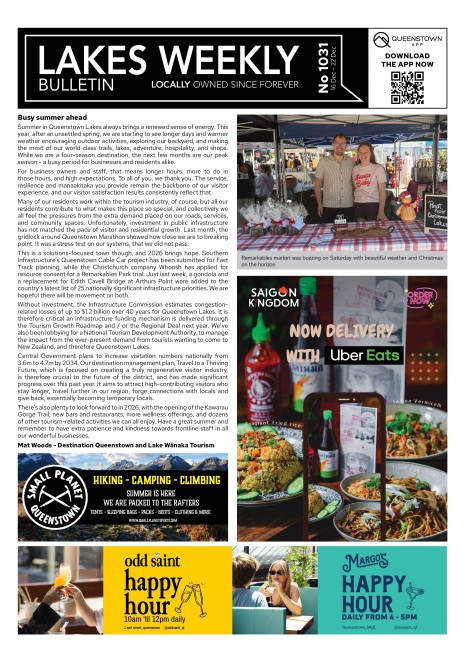The Wakatipu’s Eldest Living Born and Bred ‘Local’ – Bill Dagg
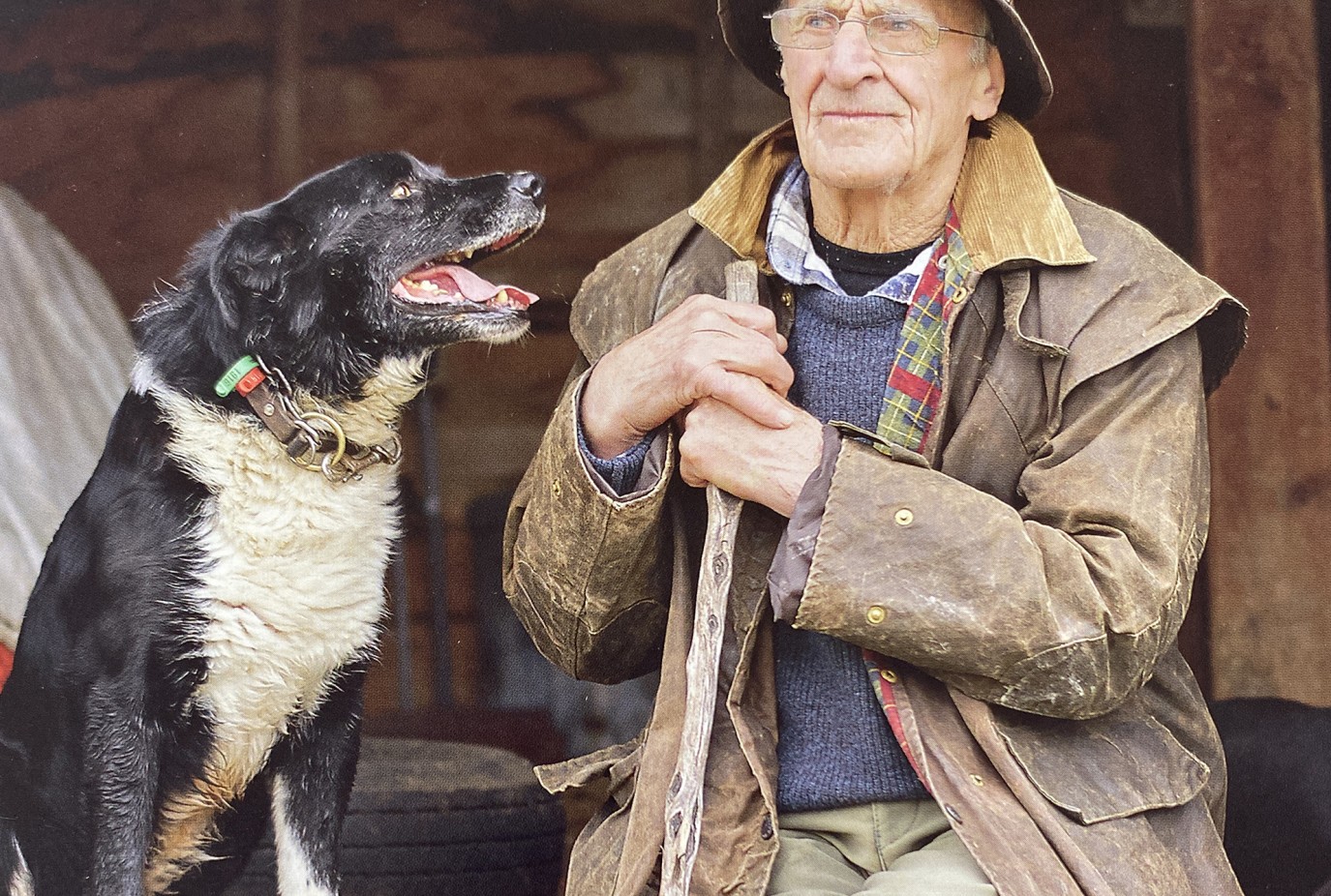
True Southern Man
Taking the crown for the Wakatipu’s oldest living born and bred local, Bill Dagg epitomises the Southern Man… and not because he drinks Speights.
Bill, turning 93 in July, only retired from Coronet Peak Station, which he owned and farmed for 48 years, aged nearly 80, when son Brian sold in 2000.
Born in 1930, delivered by midwife Mrs Chalmers’ at the maternity home at the top of Ballarat Street, Bill was second youngest of seven. His father, Harry, farmed 200 acres (80.9ha), now part of Coronet Peak Station. When Bill was nine the family leased that, farming at Littles Road for 10 years. Bill’s older brother Jack drove the pony, towing a jogger, to Arrowtown School with all his younger siblings on board, Bill making the five mile journey from age five. “One year it was frozen and the pony was trotting along and went down on the ice on Malaghans Road,” says Bill. “On another occasion the jogger shaft broke and Mr (W.S.) Reid from Willowbrook wired it all up for us kids.”
No PE teachers then. Rev Cameron, the Presbyterian minister, came to school once a week to take outdoor games.
Just nine, Bill was unaware World War II had broken out with no radio at home. “Dad used to ring our neighbour Joe Hunter every night after 9pm to get the world news.”
While Bill’s mother attended high school in Arrowtown, he biked into Queenstown from Littles Road early Monday morning, boarded behind the Ballarat Street butcher’s shop, and biked home Friday night. “I used to spend time with George Chalmers, the old saddler, telling me yarns.”
Once the school bus started, Bill and his brother were collected at 7.30am, checking their rabbit traps beforehand and re-setting them on the way home. “The rabbit cart came around every second day and took the carcasses to Bothwick’s Processing in Alexandra. We got 3 shillings and sixpence for a pair.” Ferrets were used to trap the rabbits in their burrows.
A skilled horseman, Bill left school at 16 and drove a team of horses to work his dad’s farm – no tractors then.
At 18, he went mustering as part of a gang working on the surrounding Wakatipu stations. Bill eventually worked for ‘Cap’ Jardine as head shepherd, then stock manager, on Remarkables Station, marrying school friend Alvena in 1953.
Here he gained invaluable experience for taking on the massive, 66,000-acre (26,709ha) Coronet Peak Station, which he and brother, Ron, bought in 1955. Ron’s boss, Glencoe Station owner Lloyd Ewing, assisted the Dagg brothers onto the property, which was a huge hand up, says Bill. “We were thrilled. We were guaranteed 6000 sheep and took over 6300.”
It wasn’t without its moments. Snow raking – freeing trapped sheep from deep high country snow, was done on foot, sometimes spotting with light planes – no helicopters until the early 1980s. It was Bill’s biggest challenge and he recalls tramping through five feet (1.5m) of snow around the tops trying to push sheep out during the big snow of 1968. “The Army came with an Iroquois helicopter and loaded 13 of us men, with a dog each, on board, taking off from the Queenstown Rec Ground.”
Miraculously, Bill, Ron, Jack and a fixed wing pilot walked away unscathed during another 1960s snow raking expedition after a serious plane crash in white out conditions above Jack’s Mount Soho Station. The wing snapped off the Dominie on impact. “We slid down the hill about 500 to 600 yards (457.2m to 548.6m) down before crashing into a little gully and had to walk home.” Father of three, Bill, was first out, climbing through a hole in the roof. Legendary Queenstown pilot Tex Smith tried to drop them in a bottle of whisky to warm up, but by then they’d reached the Arrow Riverbed, walking in their zip-up slippers.
Bill and Ron rode Coronet Peak’s first chairlift at its opening.
Famously, while mustering in 1948, Bill and his gang drank the last seven beers served up by retiring licensee Mrs Lewis at the Skippers Road Long Gully Hotel. They’d camp there, and at Greengates, during the station muster.
Rabbits were notoriously bad. “You couldn’t canter a horse across the Branches Flats in case it fell through the top layer and broke its leg in the masses of burrows.”
President for many years, Bill helped found the Upper Shotover Rabbit Board. They poisoned thousands of rabbits dropping in laced carrots by air.
Keas, then a pest too, would mutilate sheep with their sharp beaks, sitting atop their woolly backs and picking through the wool to eat their flesh, leaving them vulnerable to poisoning. Runholders got paid 10 shillings a beak by the government and Bill collected his beaks in a honey tin.
“It was a great lifestyle,” says Bill, who’s most proud that his two boys, John and Brian, were born, bred and farmed there, with daughter Ellen teaching in Dunedin.
An excerpt from Australian author-photographer David Darcy’s book Kiwi Dogs and Their People, featuring Bill and his trusty dog, Help:
“Been here 80 odd years and worked on all the stations around here. I remember coming out of Macetown on the shortest day in the middle of June. It was bloody cold. We had to cross the river half a dozen times on horseback through the freezing water at night and you could hear the ice jingling on the dog’s coats.”
